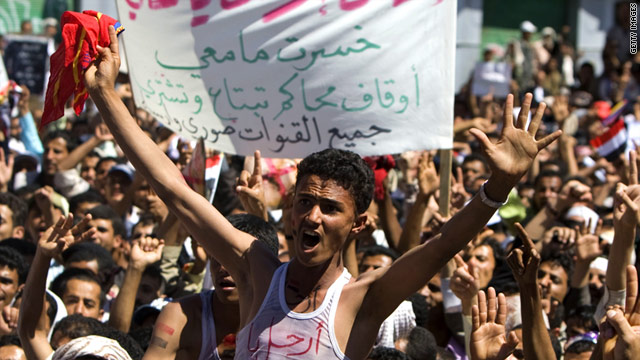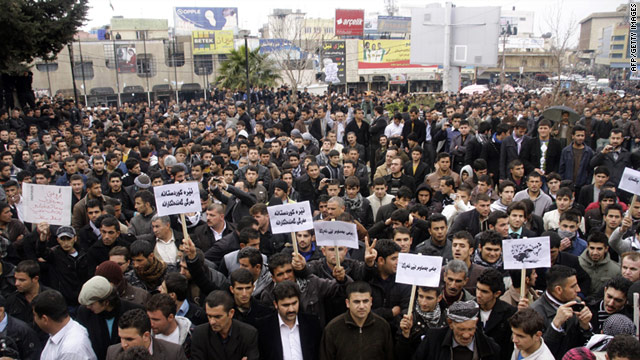By Eric C. Sigmund
Impunity Watch Reporter, Middle East
KUWAIT CITY, Kuwait – Human rights groups have called for the immediate release of stateless persons arrested during anti-government protests in Kuwait on Friday. Roughly 100,000 stateless Arabs, known locally as “bedoons” or ”bidoons,” live in Kuwait and are deprived of many civil rights available to Kuwaiti nationals. In particular, bedoons are not afforded basic rights to health care, education and employment. In 2000, the government launched a large scale security crackdown against bedoons and continues to suppress bedoon dissidents who seek rights and recognition. Although some officials have drafted bills designed to secure civil rights for the stateless population, the Parliament has continuously blocked attempts to debate such legislation.

Friday’s peaceful protests in the country’s capital were met with a violent response from riot police who used teargas and water cannons to disperse protestors. Despite the participation of Kuwaiti citizens in the rallies, bedoons were singled out for arrest and detention. The independent Human Rights Association has demand the “release of all those arrested during the events on March 11 without delay and without pressing charges against them.” Fueled by successful oustings in North Africa and the mass mobilization of Arabs throughout the Middle East, bedoons have been increasingly vocal about their desire for civil rights in recent weeks.
Bedoons have been stateless for over fifty years and demands for equality have historically fallen on deaf ears. Today, the government continues to justify the suppression of stateless persons as a means to secure Kuwait from “illegal residents.” As non-citizens, bedoons are also prohibited from possessing a driver’s license, receiving birth and death certificates and having marriage contracts attested by representatives of the State. Despite warnings by the government to not engage in anti-government protests, hundreds of Kuwaiti’s continue to take to the streets of Kuwait City, Sulabiya and oil-rich Al-Ahmadi.
For more information please see:
Ahram Online – Kuwait Urged to Free Stateless Detainees – Mar. 12, 2011
Kuwait Times – Bedoons State Protest for Citizenship – Mar. 12, 2011
Agence France Presse – Kuwaiti Stateless Protest for Citizenship – Mar. 11, 2011
Los Angeles Times – Kuwait: Riot Police Break Up Protests by Stateless Arabs – Mar. 11, 2011
Reuters Africa – Riot Police Fire Tear Gas to Disperse Kuwait Rally – Mar. 11, 2011


